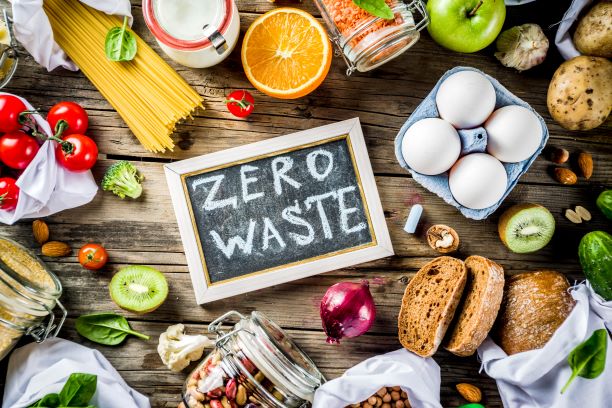There are lots of definitions when it comes to food waste. What you need to know before reading this is that food waste means food - edible or inedibl
There are lots of definitions when it comes to food waste. What you need to know before reading this is that food waste means food – edible or inedible – is left to rot or discarded into a landfill. Food waste is an issue across the world and it’s an issue we all need to take seriously. Why does it matter so much, and what can you do to help?
How Much is Wasted
The world is currently amassing a huge amount of food waste. 44% of global waste consists of food and greens. Let’s break this down further. This means that every year, roughly one-third of the food made for human consumption gets lost or wasted. This means that every second, we’re wasting 51 tons of food.
Why it Matters
Why does this matter? Throwing away food can’t be too bad, can it? Well, all of this food waste has a terrible and serious impact on the planet. Food produces methane as it rots, which warms the planet even faster than carbon dioxide. Globally, food waste generates roughly 8% of human-caused greenhouse gas emissions. Plus, consider the resources that go into growing food. Land, water, and the resources required for food to get to consumers. All of that energy is going to waste. Plus, there are people who need food who aren’t getting fed.
Tackling the Problem
So what can be done to stop the food waste problem? The government could take action and could potentially halve food waste by 2030. This would entail getting every point of the food supply chain to report and reduce their food waste. Edible food surplus can be offered to hungry people and animals. Food distributors could work with charities to ensure surplus food goes to people who need it. Inedible food waste can be composted or used to generate energy, rather than be sent to be a landfill.
Reduce Your Waste
It is not just the government and big companies that can take action to tackle food waste. You can do your bit too and reduce your food waste at home. Make your food shopping smarter. Check the sell-by dates of the food and make sure you’ll actually eat it. Don’t judge food by its shape, wonky fruit and veg will taste just as good. Get creative with the ingredients you need to use up. Try roasting your veg in a non-stick pan, use a little oil, add it to cooked pasta with a spoonful of pesto. It’s a quick and easy way to use up leftovers.
Everyone can do their bit to help reduce food waste. Small actions can make a big difference. The more you know, the more you can educate others. How are you going to reduce your food waste going forward?



















































































































COMMENTS